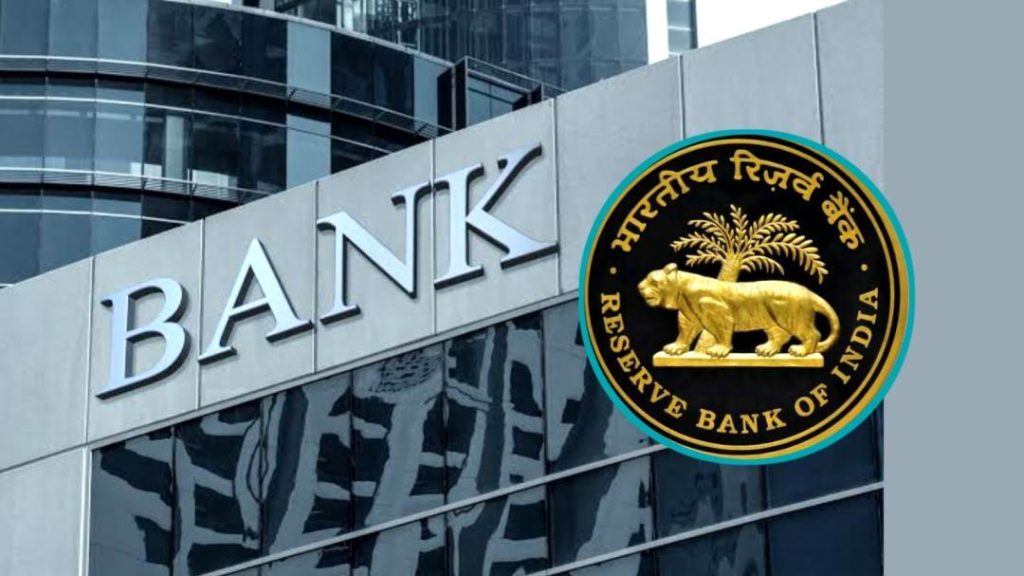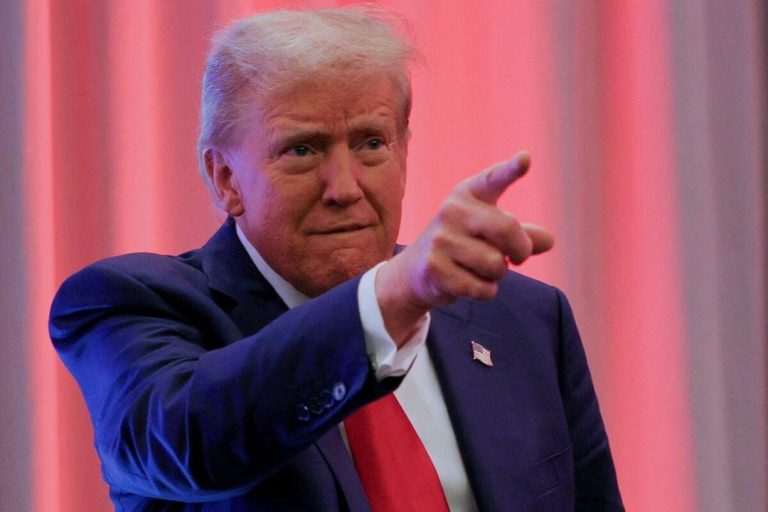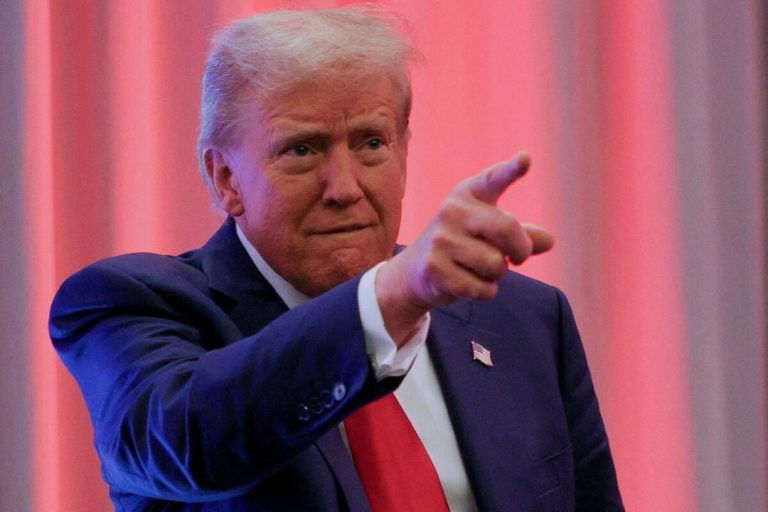
Indian Banks Seek Power to Freeze Accounts Amid Cyber Fraud Surge
The Indian banking sector is facing an unprecedented surge in cyber fraud, with hackers exploiting vulnerabilities in the system to dupe gullible customers. To combat this rising menace, the Indian Banks Association (IBA) has urged the government and the Reserve Bank of India (RBI) to grant banks the authority to immediately freeze suspicious accounts without requiring court orders. This move is aimed at preventing cybercriminals from making off with stolen funds before authorities can intervene.
The IBA’s proposal is a response to the growing concern over the misuse of mule accounts, which are fake bank accounts created by fraudsters to receive stolen money. These accounts are often used to launder money and evade detection by law enforcement agencies. By allowing banks to freeze suspicious accounts without delay, the IBA hopes to reduce the window of opportunity for cybercriminals to siphon off stolen funds.
The IBA’s plea for greater powers to combat cyber fraud is rooted in the frustration caused by systemic delays in the current process. At present, banks are required to seek court orders to freeze accounts, a process that can take several days or even weeks. This delay allows cybercriminals to transfer stolen funds to other accounts or offshore destinations, making it difficult for authorities to recover the stolen money.
To address this issue, the IBA has proposed the use of advanced technologies such as artificial intelligence (AI) and machine learning to monitor transactions in real-time. These AI-based monitoring systems can identify suspicious patterns and flag accounts for further investigation. This would enable banks to take swift action to freeze accounts and prevent further fraudulent activity.
Another innovative solution proposed by the IBA is the use of voter ID verification to detect fraud. This involves using the Unique Identification Authority of India’s (UIDAI) voter ID database to verify the identity of account holders. By matching the account holder’s identity with the voter ID database, banks can detect discrepancies and flag suspicious accounts.
The IBA has also emphasized the need for greater coordination between banks, law enforcement agencies, and regulatory bodies to combat cyber fraud. This includes sharing intelligence and best practices to stay ahead of the evolving tactics used by cybercriminals.
The surge in cyber fraud in India is a cause for concern, with the RBI reporting a significant increase in fraud cases in recent years. In 2020, the RBI’s fraud monitoring cell detected over 1,000 cases of fraud, with losses totaling over Rs 10 billion. The situation has only worsened in 2021, with the RBI reporting a 24% increase in fraud cases in the first half of the year.
The IBA’s proposal to grant banks the authority to freeze accounts without court orders has been welcomed by the RBI, which has acknowledged the need for a more proactive approach to combating cyber fraud. The RBI has also emphasized the importance of banks adopting advanced technologies such as AI and machine learning to detect and prevent fraud.
In conclusion, the surge in cyber fraud in India is a pressing concern that requires immediate attention. The IBA’s proposal to grant banks the authority to freeze accounts without court orders, coupled with the use of AI-based monitoring and voter ID verification, offers a promising solution to this problem. By taking a more proactive approach to combating cyber fraud, Indian banks can safeguard the financial system and protect their customers from the growing threat of cybercrime.






